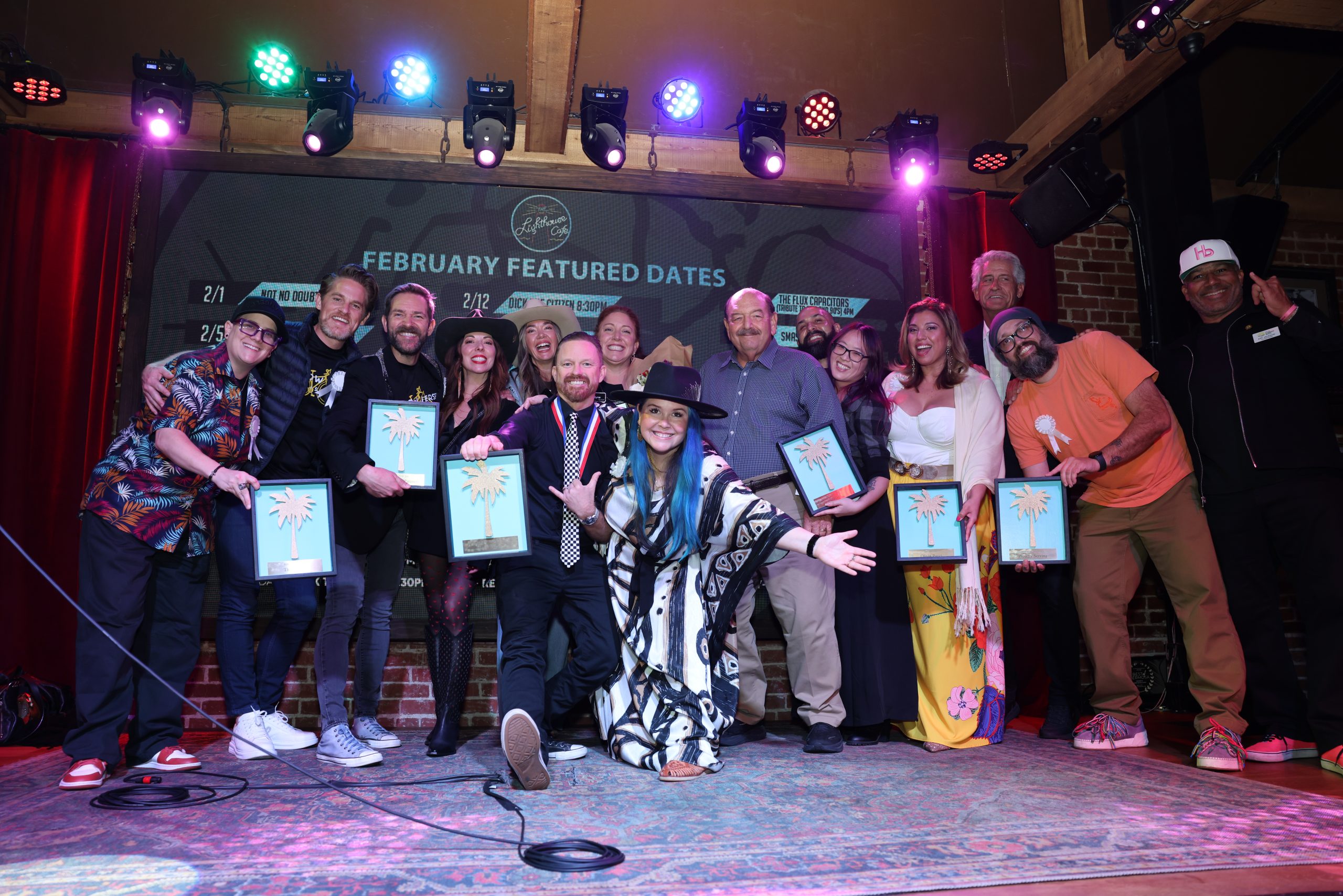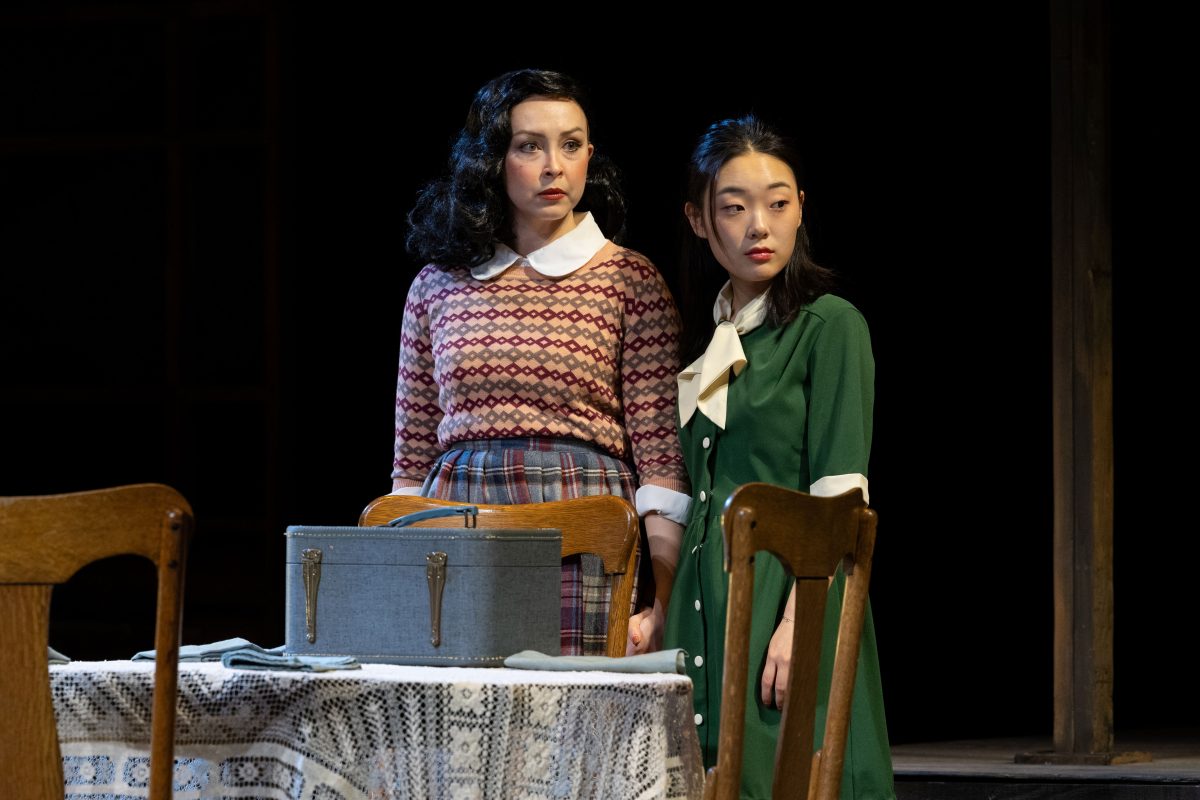“The Camp” - an opera about the incarceration of Japanese American citizens during WWII
by Bondo Wyszpolski
Somewhat overshadowed by the plethora of art fairs this past weekend, there was also fine theater to be savored, and among the works that premiered on Saturday was “The Camp” (an opera in two acts), composed by Daniel Kessner with a libretto by Lionelle Hamanaka. It was performed at the Aratani Theatre in Little Tokyo and will be reprised again this Saturday and Sunday, March








